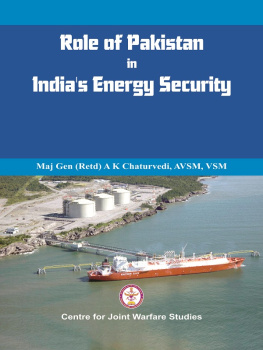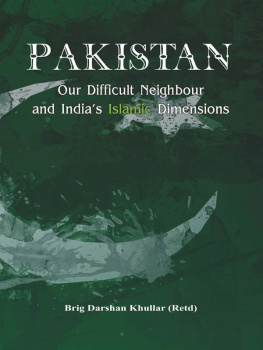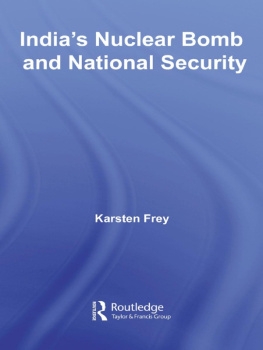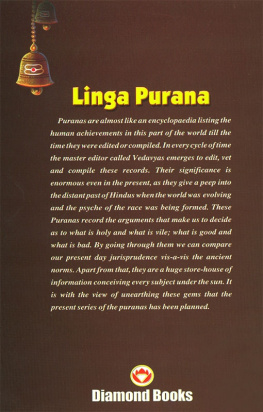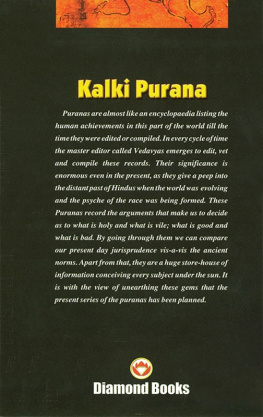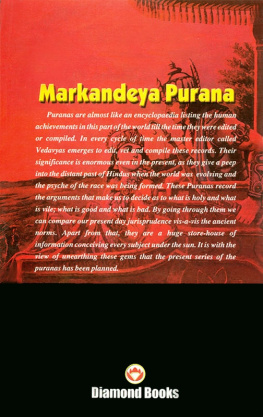Role of Pakistan in Indias
Energy security
An Issue Brief
Published by
Vij Books India Pvt Ltd
(Publishers, Distributors & Importers)
2/19, Ansari Road, Darya Ganj
New Delhi - 110002
Phones: 91-11-43596460, 91-11-47340674
Fax: 91-11-47340674
e-mail:
Copyright Centre for Joint Warfare Studies (CENJOWS), New Delhi
All rights reserved.
No part of this book may be reproduced, stored in a retrieval system, transmitted or utilized in any form or by any means, electronic, mechanical, photocopying, recording or otherwise, without the prior permission of the copyright owner. Application for such permission should be addressed to the publisher.
The views expressed in this book are those of the author in his personal capacity. These do not have any official endorsement.
Index
Section | Details | Page No |
Abstract |
Foreword |
Acknowledgement |
Abbreviations |
| Background |
| Policy Guidelines |
| Structure of The Paper |
| Growth Of Natural Gas Sector In India |
| Sources of Natural Gas for India from West |
| Centrality of Pakistan in Indias Energy Matrix |
| International Gas Pipelines |
| Liquefied Natural Gas (LNG)- A Game Changer |
| Way Ahead |
References And Bibliography |
List of Figures and Tables
Figures-
Number | Details |
Conceptual Framework |
Sectoral Demand: 2009-35 (MTOE) |
Energy Production (MTOE) |
Energy Imports and Import Dependence (MTOE) |
Indias Oil: Production and Consumption: 2001-2011 |
Indias National Gas production: 2001-2011 |
Gas Pipeline Network within India |
Top Global Natural Gas Reserves by Country as on 01 Jan 2012 |
Turkmenistans Potential for Export |
Gas Pipeline Network in Central Asian Region, Iran and Middle East |
Natural Gas Assets of Iran |
Iran: Production Pattern of Oil and natural Gas |
Pakistan: Excessive Dependence on Natural Gas for Energy Security |
Two Proposed Pipelines in South Asia |
TAPI Natural gas Pipeline |
Iran-Pakistan-India Natural Gas Pipeline Route |
Route of Proposed Myanmar-India Natural Gas Pipeline |
US Natural Gas: Production and Import |
Tables
Number | Details |
Trends in Supply of Primary Commercial Energy |
Energy Intensity of the Selected Representative Countries for the Year 2010 |
Share of Each Fuel in Total Energy Production and Consumption |
Import Dependence of Oil |
Quantity of Natural Gas to be Imported |
Rising Import Dependency (MMSCMD) |
Pakistan State of Economy |
Pakistan State of Energy Assets |
India: Existing LNG Terminals |
Abstract
India is short of energy despite one of the lowest per capita energy consumption. It is indeed of interest that most of the forms of energy which are part of the present Energy Matrix of India, suffer from some problem or the other. These are either due to quality of resource (coal), shortage of resource (Natural Uranium, Petroleum based resources), lack of technologies for indigenous resources (Thorium, renewable sources), shortage of adequate infrastructure for their exploitation (entire country not yet connected by power grid, internal network of pipelines). Next major issue is that the gestation period for the growth of most of the desired technologies to exploit local resources is quite long and as such there is a need to go for exploitation of resources which are either readily available or can be exploited by resorting to import of energy resources. This is where Natural Gas assumes importance and has potential for exploitation in short to medium term. In this connection import from West Asia and Central Asia holds good promise. Pakistan has a very pivotal position in the import of natural gas from either of the two sources. Involving Pakistan while may be froth with danger due to volatile situation in that country or an persisting anti Indian sentiments existing there, but another way to look at it would be that such a relationship may give boost to Pakistans economy and enhance interdependence between the two countries leading to improvement in the relations. This paper attempts to examine all these related issues.
Foreword
Energy is one of the main drivers for the growth of a country which entails among other things economic growth. The sustained economic strength is one of the most important elements of the demonstrated Comprehensive National Power (CNP) of a nation. It is therefore essential that a nation which wishes to enhance its CNP makes a concerted effort to ensure provision of energy for all its activities related to growth and also to meet the needs of its citizens. Energy Security of the nation is the measure of the sustained availability of energy to link demand and supply equation in such a way that the outcome is not negative.
India is although endowed with enough energy bearing resources but presently its energy availability to meet its growing demand without import is not feasible. This gap between potential and reality needs to be bridged. While a long term solution needs to be worked out by the planners to exploit indigenous resources, a simultaneous effort to ensure sustained availability of energy in the form for which technologies are indigenously available needs to be pursued in short and medium term. Import, in such a contingency, is the answer, particularly of those resources for which technologies for exploitation are readily available. Oil and natural gas are those desired resources. Due to certain geo-political developments and technological innovations the natural gas is becoming an attractive option. But abundant natural gas from land route is available either in Iran or Central Asia. Transportation of gas from either region entails its travel through Pakistan. Therefore, it becomes essential to examine the viability of such an option. However, arriving at the decision to transport gas through Pakistan and thereafter build infrastructure will have certain gestation period therefore what could be the solution for the interim. Recent technological breakthrough by the US in the field of Shale Gas has thrown up new options for India in the field of Liquefied Natural Gas (LNG) imports. Can India exploit this new geo-economic development?
To examine all these issues, the CENJOWS had tasked Maj Gen (Retd) AK Chaturvedi, AVSM, and VSM. The present Issue Brief is an outcome of his research. The author has attempted to look at the issue in entirety and hopefully his research will be able to assist the decision makers to coalesce their thought.

